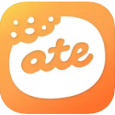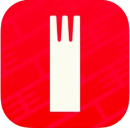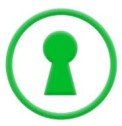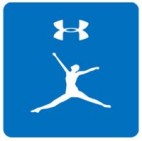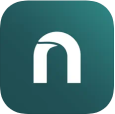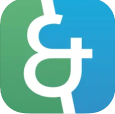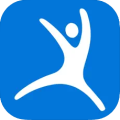You can now add Healthify as a preferred source on Google. Click here to see us when you search Google.
Nutrition apps
Nutrition apps
- Nutrition apps can encourage healthy eating by helping you make better food choices, keep track of your food intake and plan your meals or get recipes.
- While they have the potential to help you make healthier food choices, they must be used with caution. For example, avoid getting too fixated and becoming overly obsessed with specific numbers each day, especially with features like calorie counting and portion size.
- Read more about nutrition apps and how to use them safely.
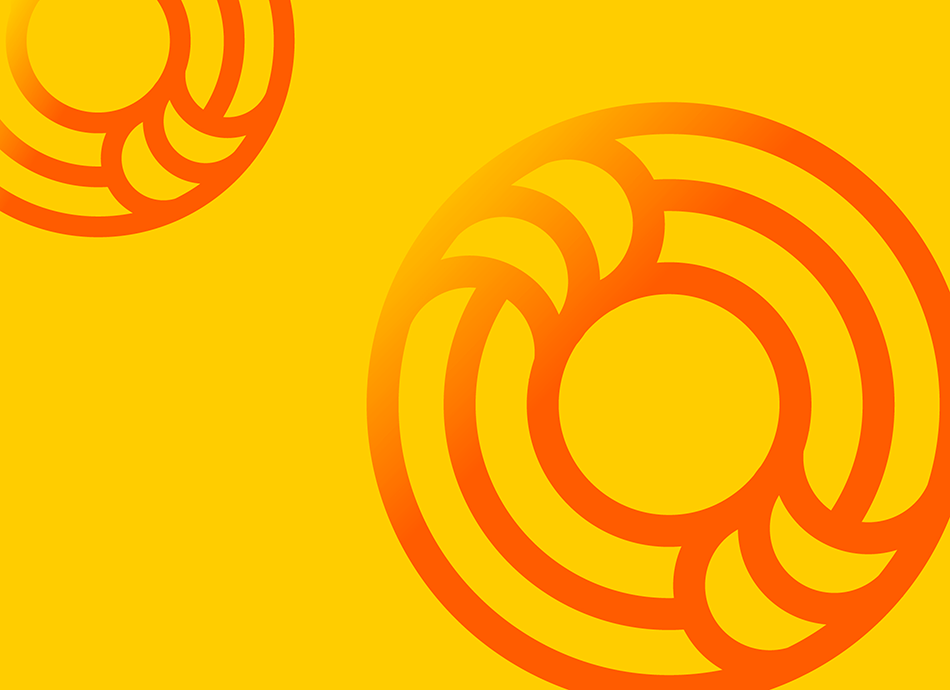
Nutrition apps are sometimes called healthy eating apps because they can encourage healthy eating by helping you make better food choices. For example, they can help you in choosing mostly ‘whole’ or less processed foods, foods with unsaturated fats instead of saturated fats, foods with little or no added sugar and foods that are low in salt (sodium). Read more about healthy eating.
Nutrition apps can help you:
- Keep track of your food intake: Many nutrition apps allow you to log your daily food intake easily. This helps you keep track of your calorie consumption, macronutrient intake (carbohydrates, proteins, fats), and micronutrient intake (vitamins and minerals).
- Monitor your nutritional balance: By logging meals and snacks, you can get a clearer picture of your overall nutritional balance. Apps often provide summaries and charts that show how well-balanced your diet is in terms of different nutrients.
- Set and achieve goals: For example, if you want to lose weight, gain muscle, or simply eat more healthily, nutrition apps can help you set specific goals and track your progress towards them.
- Learn more about healthy eating a food choices: Many nutrition apps offer educational content, eg, articles, recipes, and tips on healthy eating. This can help you learn more about nutrition and make informed choices about your diet.
- Plan your meals and get recipes: Some apps offer meal planning features and a database of healthy recipes. This can be particularly useful if you struggle with meal ideas or want to plan ahead for the week.
Tips on how to use nutrition apps safely
While nutrition apps have the potential to help you make healthier food choices, they must be used with caution. Here are some tips on how to use nutrition apps safely.
- Avoid getting too fixated and overly obsessed with specific numbers each day, especially with features like calorie counting and portion size. This can lead you to lose sight of the overall nutrition picture. Being healthy isn’t just about the way you look or how much you weigh. Read more about what healthy eating is.
- Although nutrition apps may ask for your age, weight, height and gender, they don't have the ability to give you personalised diet advicethat's best suited to your activity level and health needs. For personalised advice, it's best to seek professional advice from a dietitian or nutritionist. To find a registered dietitian in Aotearoa New Zealand, see find a dietitian(external link).
- While weight loss is the main motivator for some people to use nutrition apps, be aware that your goals to reach a target weight within a target date must be realistic. Having unrealistic expectations can be harmful and lead to nutritional deficiencies and eating disorders. It's best to get professional advice about the best approach for you.
Before choosing an app, think about how it will benefit you and what you want it to be able to do.
- When selecting a nutrition app to download, it’s important to consider your goals and which features are most important to you.
- An app will only be helpful if you use it, so it needs to be something you like using and find easy to use. If you find the app difficult to use, or you don't like the imagery or look of it, or the language it uses, you may want to find another one that suits you better.
- Check how your data is collected, stored and used in the app, including whether it’s shared with or sold to third parties.
- For more guidance on how to choose health apps, see how to choose a health app.
| App name | Description | Clinical score |
|
Ate Food Journal: Easy + Visual
|
|
|
|
|
|
|
|
|
|
|
|
|
|
|
|
|
|
|
|
||
|
|
|
|
|
|
|
|
|
|
|
References
- Popular nutrition-related mobile apps – a feature assessment.(external link) JMIR Mhealth Uhealth 2016;4(3):e85
|
Disclaimer: The NZ Health App Library is a free consumer service to help you decide whether a health app would be suitable for you. Our review process is independent. We have no relationship with the app developers or companies and no responsibility for the service they provide. This means that if you have an issue with one of the apps we have reviewed, you will need to contact the app developer or company directly. |
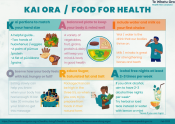
Kai ora/Food for Health Te Whatu Ora NZ, 2023
Credits: Healthify editorial team. Healthify is brought to you by Health Navigator Charitable Trust.


